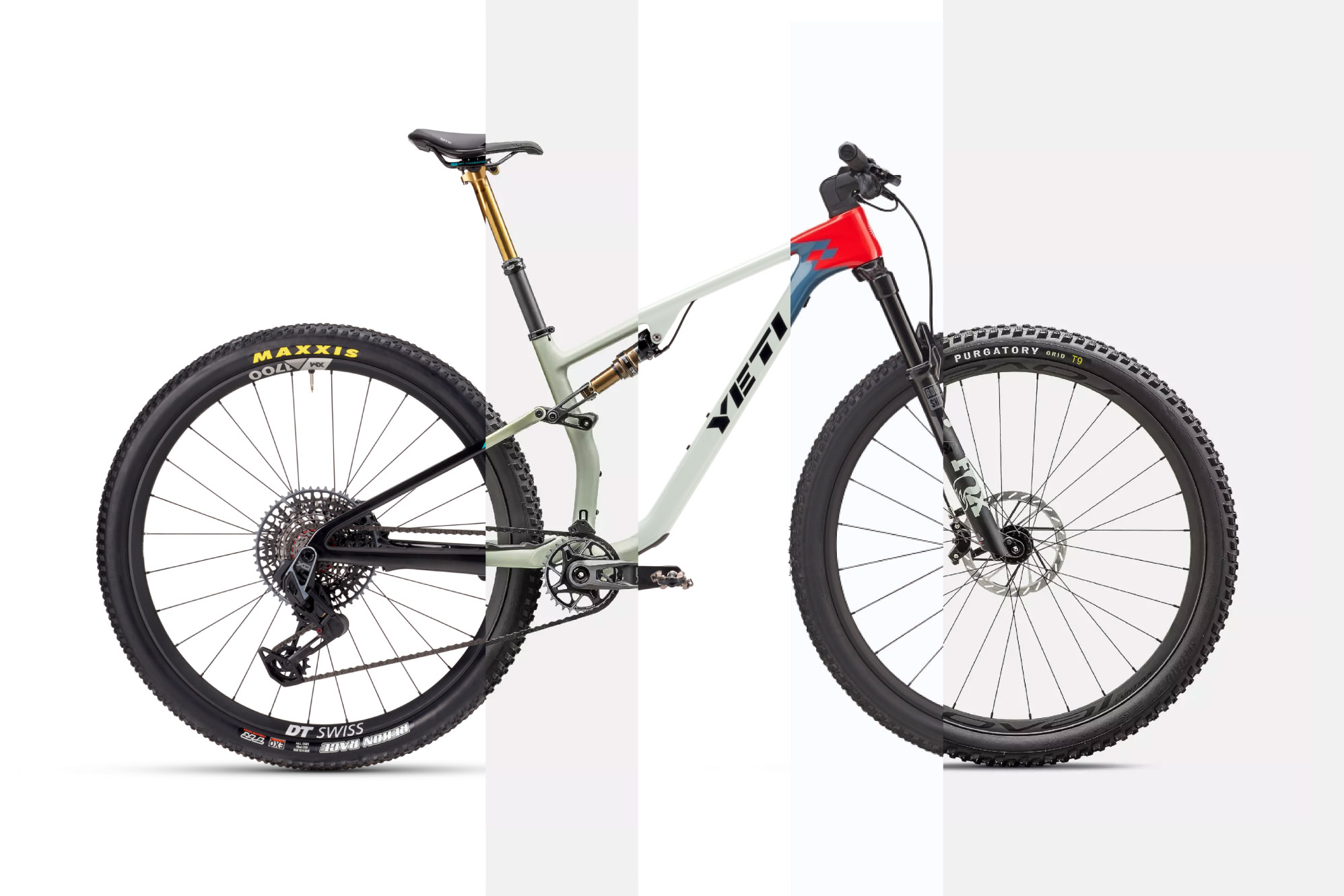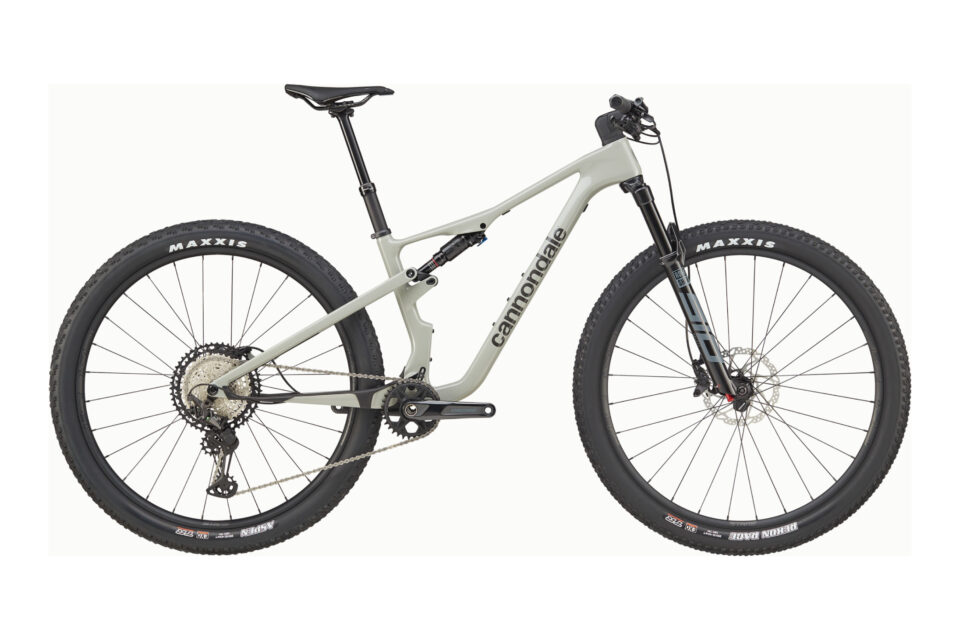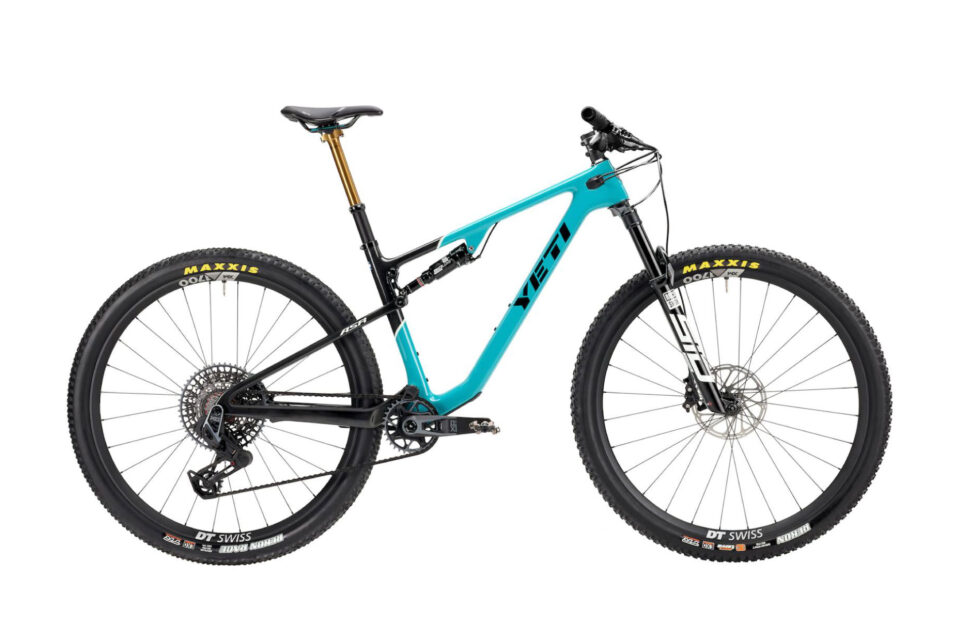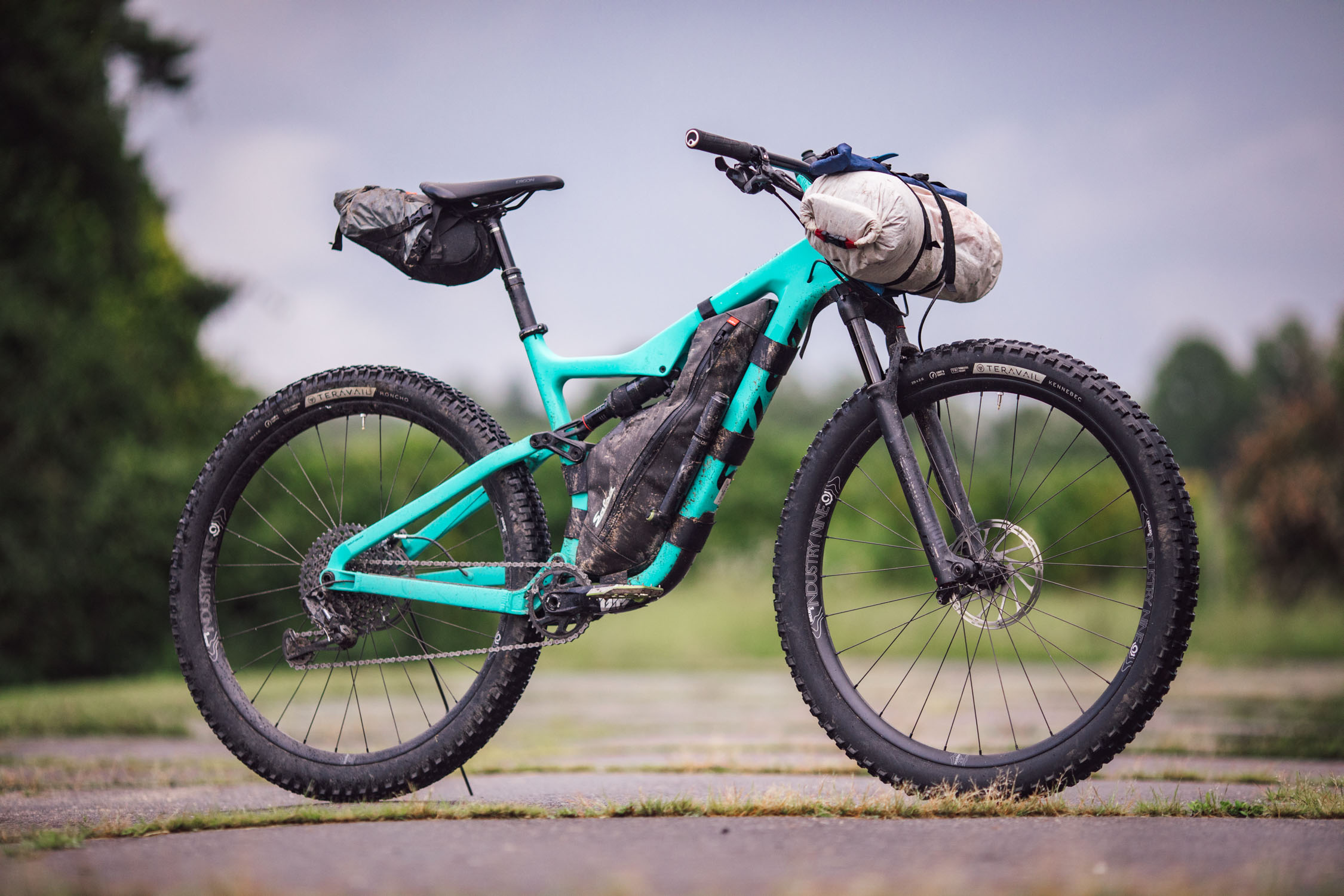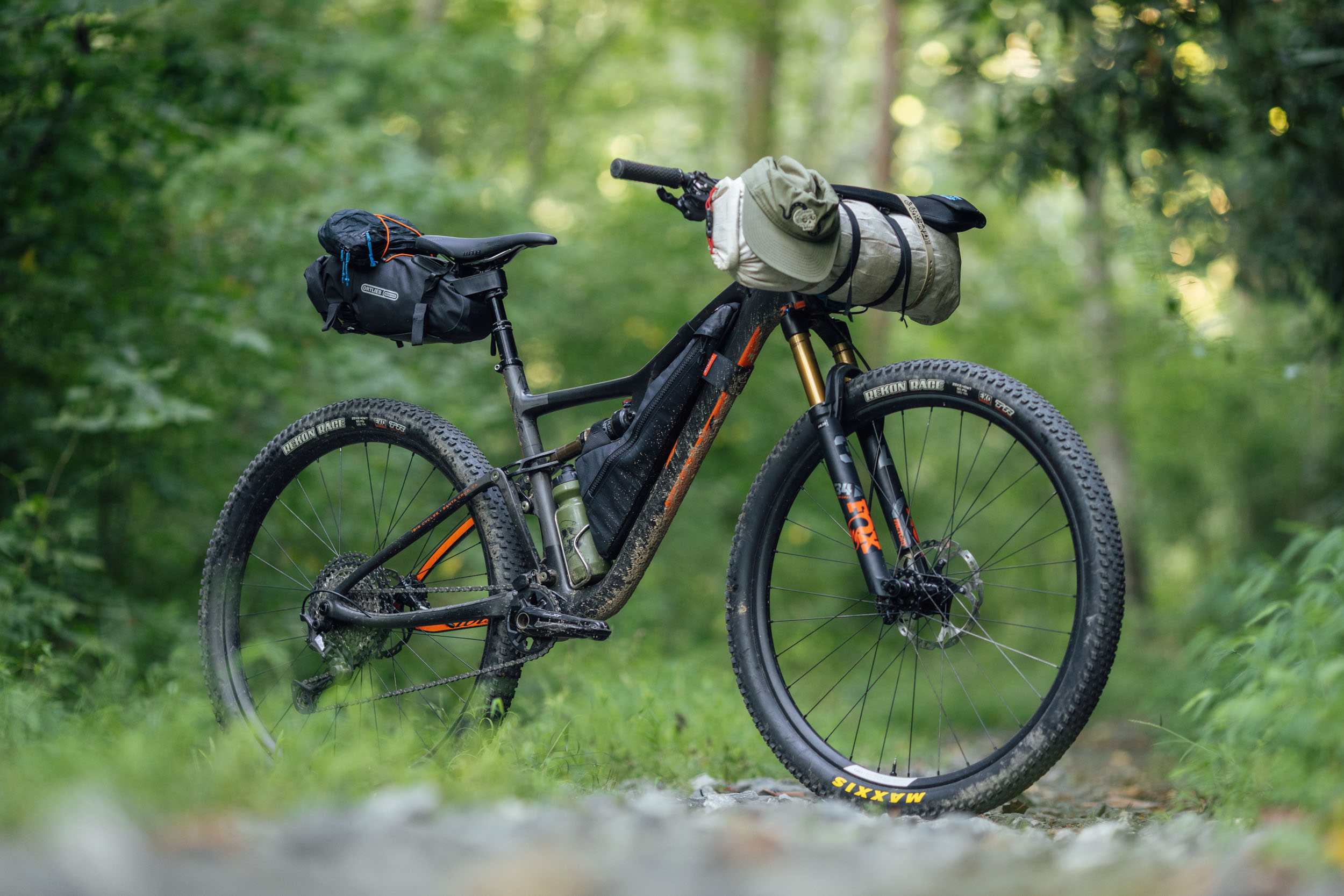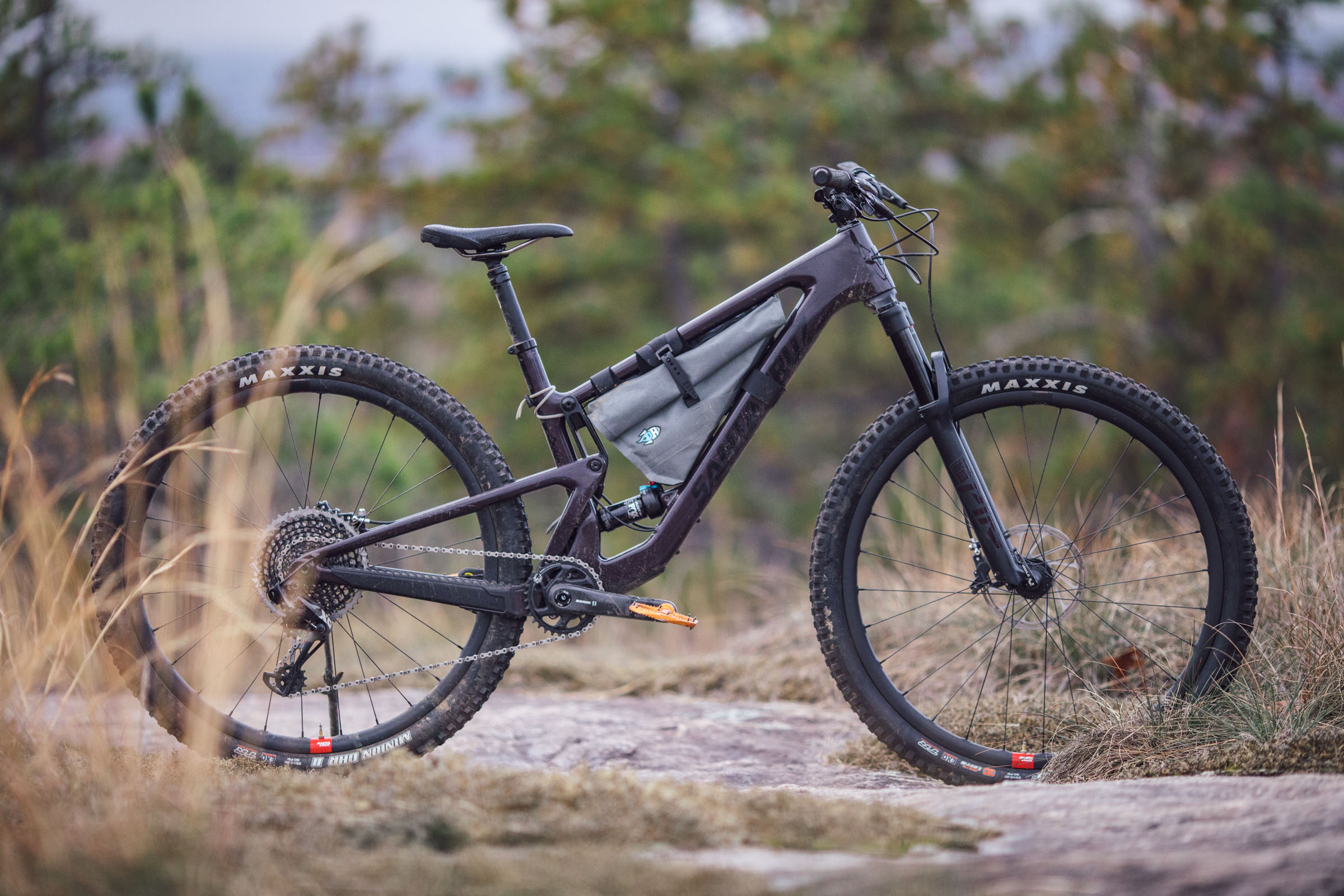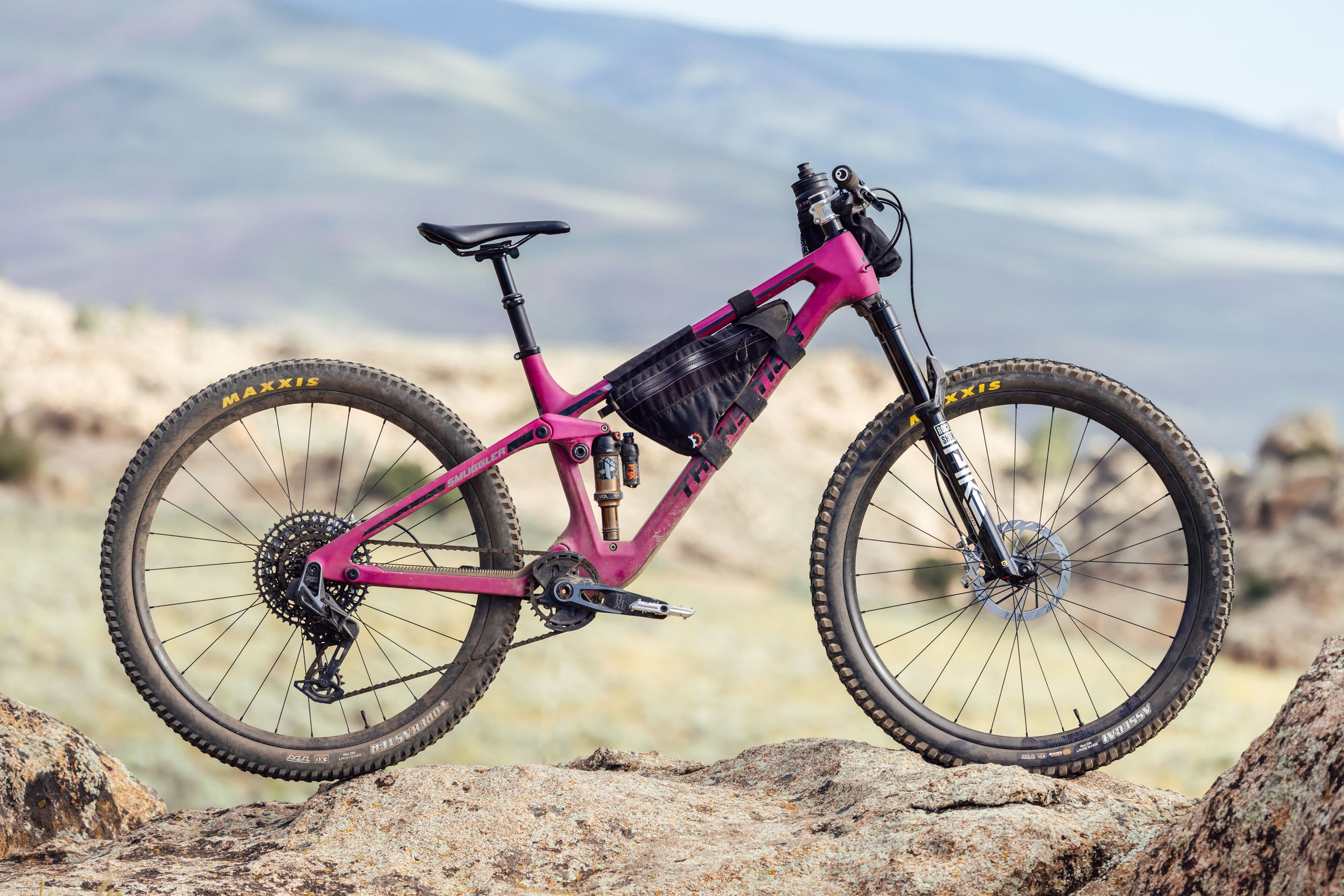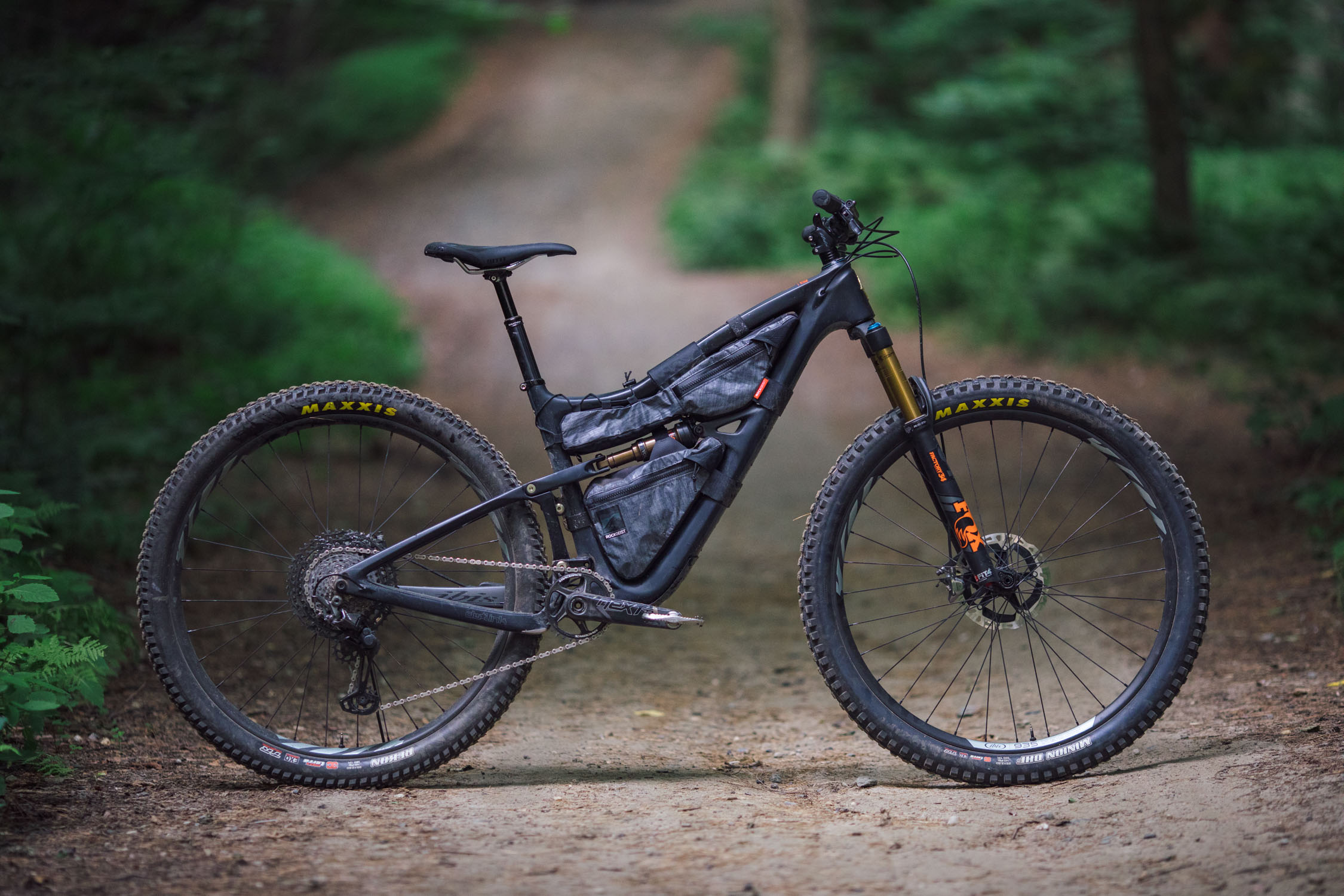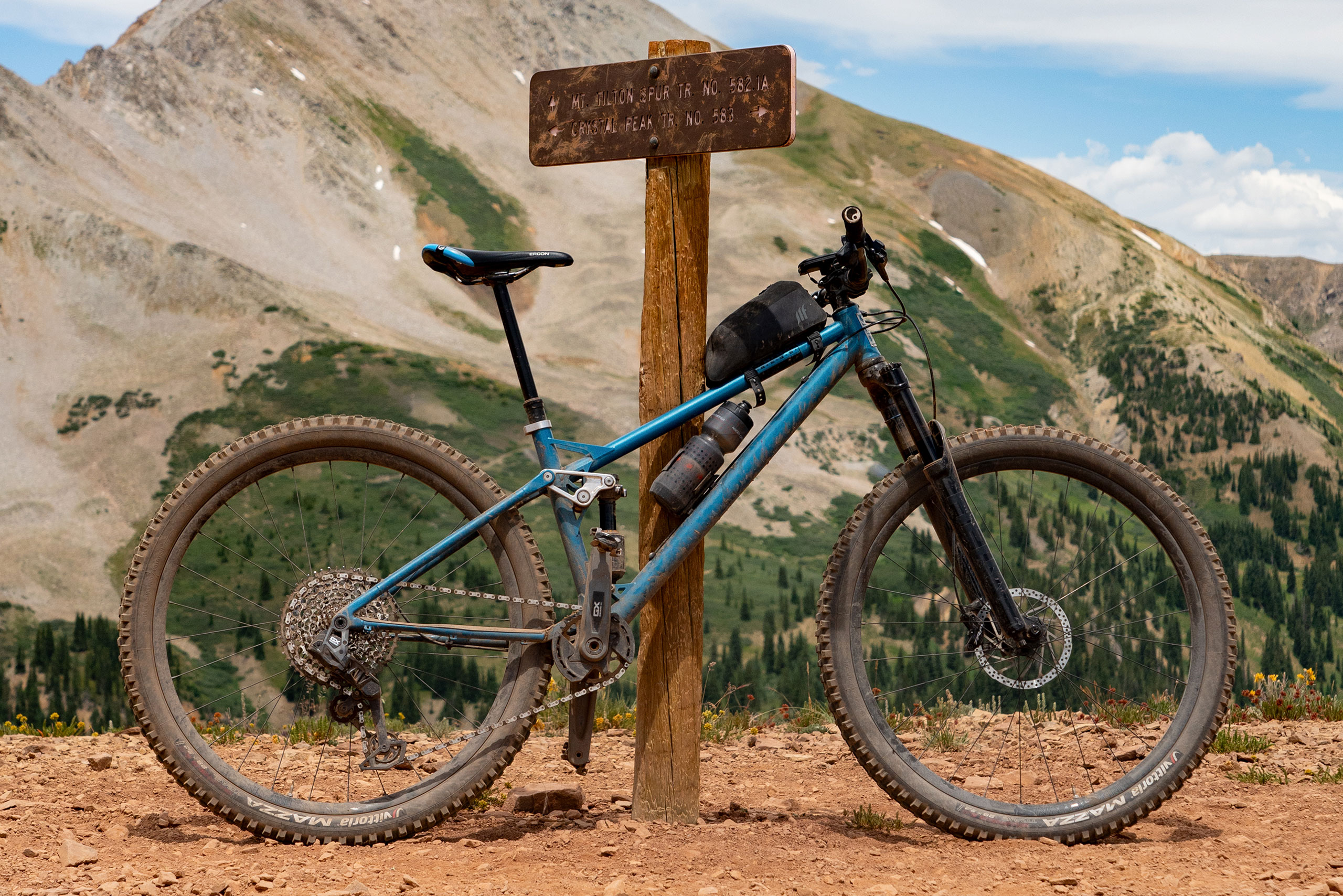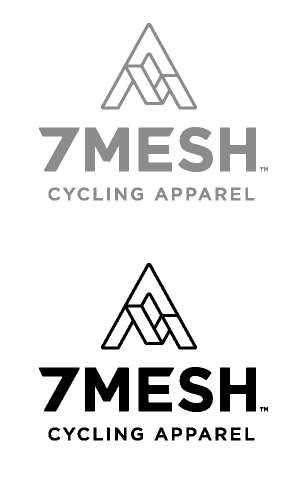What do the new 2024 Cannondale Scalpel, Specialized EVO 8, and Yeti ASR have in common? Here’s a quick comparison that breaks down the feature, geometry, and pricing differences of these three new carbon rocket bikes….
I’ve never been particularly interested in carbon XC rocket ship bikes. The closest I’ve come is when I reviewed the Salsa Spearfish and Ibis Exie a few years back. However, having quietly watched the release of the 2024 Specialized Epic 8 and the 2024 Yeti ASR over the last few weeks and the 2024 Cannondale Scalpel launched today, I was curious to see how these bikes compare. Plus, they’re certainly relevant for bikepacking, especially for racing. Here’s a quick geometry comparison of the 2024 Cannondale Scalpel vs. Yeti ASR vs. Specialized Epic 8 (and Epic Evo 8) with a few notes.
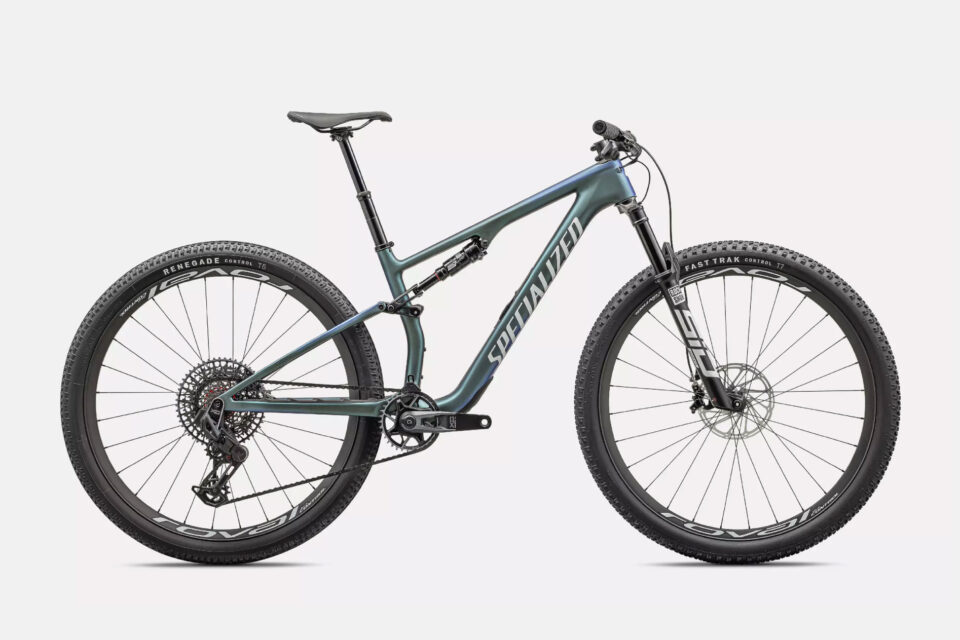
First off, all three of these new bikes have a few things in common. Each is built around the SRAM Direct Mount standard to accommodate the hangerless Transmission drivetrains. Each uses a short-travel flex stay/pivot suspension design. And all three have a high-end carbon frame. They are also designed around 120mm travel forks, largely for cross-country racing, with a slight bent toward the nebulous spandex-free “downcountry” category. The Yeti is the only one of the three with 115mm of rear travel, while the other two stick with the 120mm standard, both front and rear, although Specialized offers the Epic Evo 8, which bumped up the front travel to 130mm. Lastly, and most notably from a bikepacking perspective, all three have a massive frame triangle with room for two bottles or a big frame bag. The Specialized models also have an accessible frame compartment in the downtube.
These bikes are undoubtedly getting longer and slacker than their predecessors, as you can see in this geometry chart. The Specialized Epic series comes in two flavors; as mentioned, the EVO models have a 130mm fork, so they’re in a class of their own. However, it’s worth adding that all the Specialized Epics have a flip chip, and both break a sub 66° head tube angle in the low setting, making them the slackest and longest of the bunch. Note that all these numbers are for a size large.
| Model | ASR | Epic EVO 8 | Epic 8 | Scalpel |
|---|---|---|---|---|
| Head Tube Angle | 66.5° | 65.4-65.9° | 65.9-66.4° | 66.6° |
| Seat Tube Angle Effective | 75.5° | 75° | 75.5° | 75.5° |
| Chainstay Length | 439mm | 435mm | 435mm | 442mm |
| Bottom Bracket Drop | 43mm | 39-45mm | 37-43mm | 42mm |
| Wheelbase | 1201mm | 1214mm | 1210mm | 1202mm |
| Stack | 610mm | 613mm | 610mm | 607mm |
| Reach | 465mm | 470mm | 475mm | 475mm |
| Top Tube (Effective) | 610mm | 633mm | 633mm | 625mm |
| Front Center | 762mm | 782mm | 778mm | 763mm |
As for pricing, here’s a quick breakdown. Based on my quick research from what’s come out today, the Scalpel is the only one of the group that’s not available for purchase as a frameset.
| Model | ASR | Epic EVO 8 | Epic 8 | Scalpel |
|---|---|---|---|---|
| Sizes | XS-XL (5) | XS-XL (5) | XS-XL (5) | S-XL (4) |
| Frameset | $4,000 | $3,800 | $6,000 | N/A |
| Low Tier | $5,600 | $5,000 | $7,000 | $4,000 |
| High Tier | $13,900 | $8,500 | $14,500 | $14,000 |
To learn more about each of these bikes, you can use these links: 2024 Cannondale Scalpel, 2024 Yeti ASR, 2024 Specialized Epic 8
Further Reading
Make sure to dig into these related articles for more info...
Please keep the conversation civil, constructive, and inclusive, or your comment will be removed.






